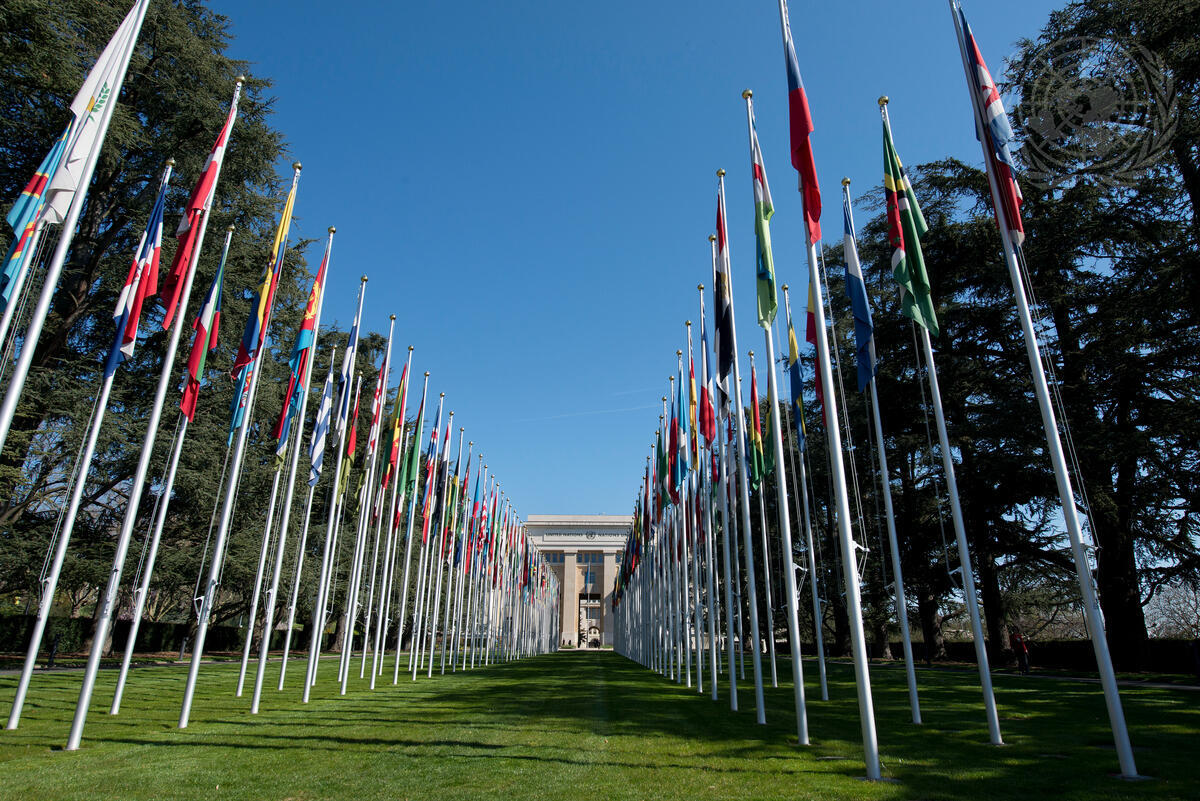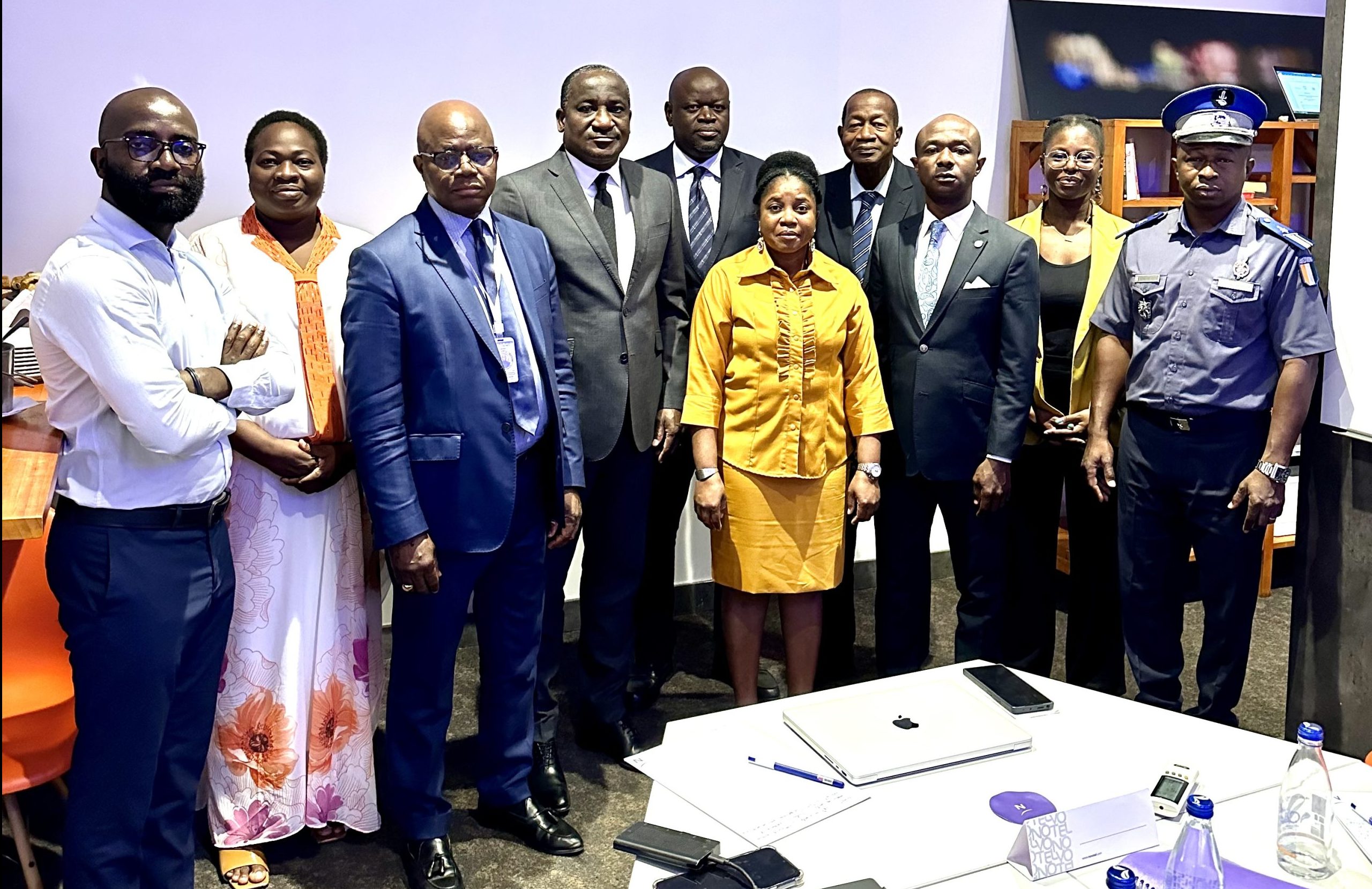Strategic Workshop
The Committee for the Protection of Human Rights Defenders in Côte d’Ivoire (the Committee) and ISHR co-hosted a two-day strategic workshop from 5 to 6 June 2024 in Abidjan, Côte d’Ivoire. A total of 11 participants including the five members of the Committee, two technical assistants and two members of the Ivorian Coalition of Human Rights Defenders (CIDDH) attended the workshop. It aimed to review and take stock of the legislative framework on the protection of human rights defenders to ensure the Committee operates effectively in accordance with its mandate and best international human rights standards. Côte d’Ivoire was the first country to adopt a national law protecting human rights defenders in 2014 supplemented by a decree on its application and an inter-ministerial order establishing the Committee. These normative efforts culminated in the appointment, in March 2022, of the five members making up the Committee as a move to provide human rights defenders yet another institutional bulwark against violations of their rights. ISHR has co-hosted two similar workshops in Burkina Faso and Mali as part of its efforts to strengthen the legal protection of human rights defenders in Africa.
The Committee
An inter-ministerial decree created the Committee in November 2021 and conferred on it six specific missions aimed at improving the situation of human rights defenders. The Committee aims, among others, to facilitate the work of defenders and their access to detention centres, ensure the confidentiality of their sources of information, and protect defenders and their families against risks and dangers. It also can propose and ensure the implementation of preventive and protection measures for human rights defenders to fully exercise their activities. Five members drawn, respectively, from the Ministry of Human Rights, Justice, Security, Defence and the National Human Rights Council make up the Committee. Unlike in Burkina Faso and Mali, the civil society is not represented in the Committee. Several defenders believe their lack of representation in a mechanism supposed to defend their rights can weaken the Committee’s ability to defend their rights and gain insights from individuals who engage daily in matters related to human rights defenders. This is even more of an issue as the inter-ministerial decree does not require that individuals appointed to the Committee be acquainted with human rights defender issues or with human rights standards. Further discussions revolved around the independence of the Committee. The State-centred composition of the Committee leaves defenders with the impression that its members may have difficulties acting when allegations of human rights violations targeting defenders involve high State officials. The Committee lacks a budget and must rely on budgetary allocations of the Human Rights Directorate, however insufficient they can be, to conduct its activities. Nonetheless, the Committee expressed its readiness to partner with civil society organisations, including the CIDDH, and raise funds to address this problem.
Towards an effective Committee
The Committee remains unknown among many defenders and has not conducted many activities. Its relatively young age and the lack of awareness-raising activities targeting key human rights stakeholders may explain this situation.
As highlighted earlier, the lack of civil society organisations among its ranks could have demotivated some of these organisations to engage meaningfully with the Committee. These shortcomings notwithstanding, the Committee has reacted in four instances of allegations of rights violations against defenders when the victims approached it.
Taking the weaknesses and threats facing the Committee into account and building on its strengths and opportunities, the participants in the workshop devised an action plan to make the Committee more effective. The plan centres around four pillars:
- Raising awareness of the public on the Committee, its role and functions
- Strengthening the Committee’s relation with civil society organisations and other key stakeholders
- Training key stakeholders, including human rights defenders and public authorities on the legal framework on the protection of defenders
- Fundraising for the Committee activities. Activities that will make the Committee more effective include the development of a communication plan and other sensitisation materials, formalising a partnership with CIDDH and seeking additional budget support from the Ministry of Budget.
‘The discussions have enabled us to make progress on many issues. Some points will take time to implement. Each of us will do what we think is right to move things forward’, said Constant Delbe, the Committee’s President. In the interim, the Committee agreed to involve, when necessary, the CIDDH in its regular meetings.




